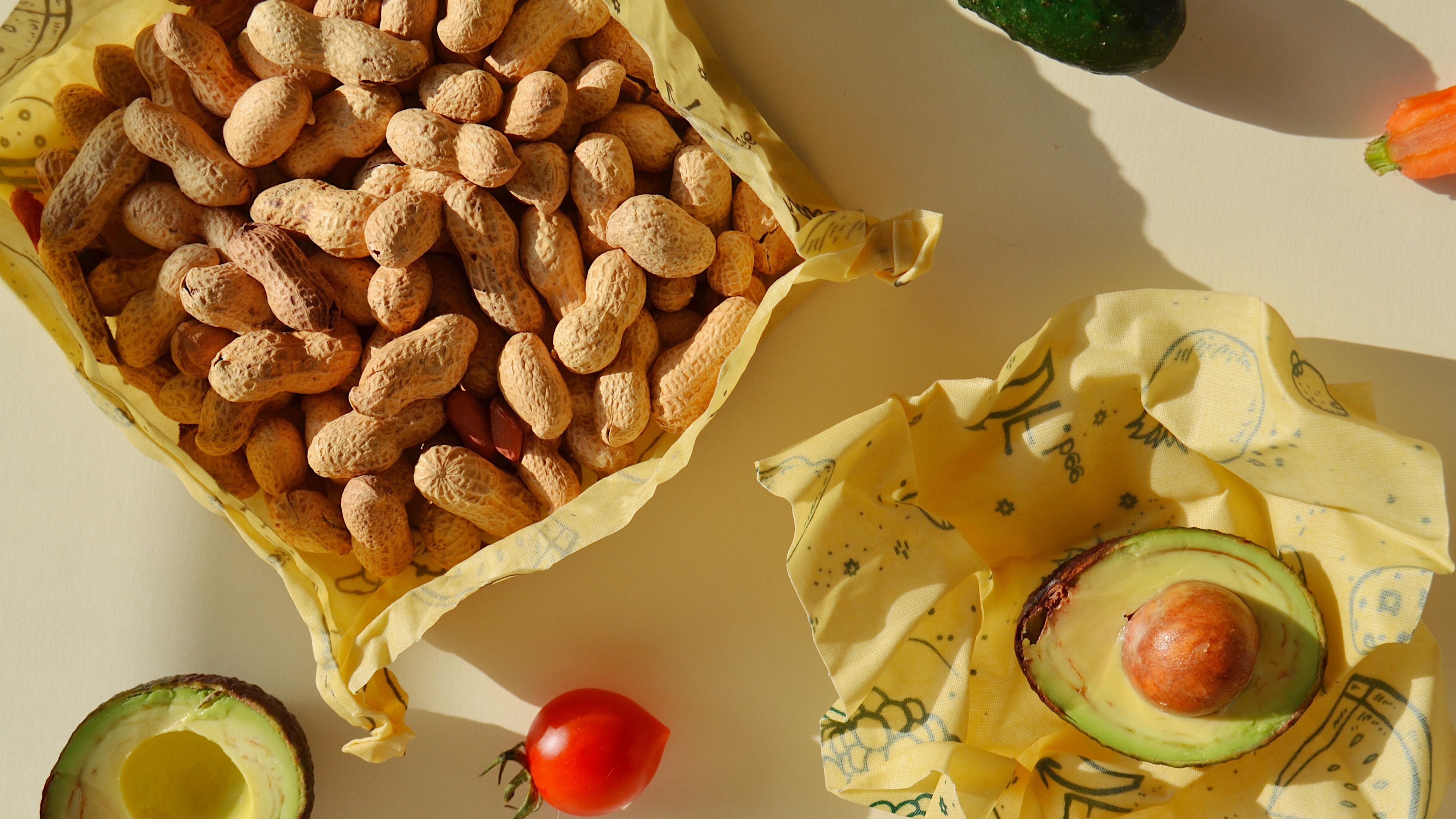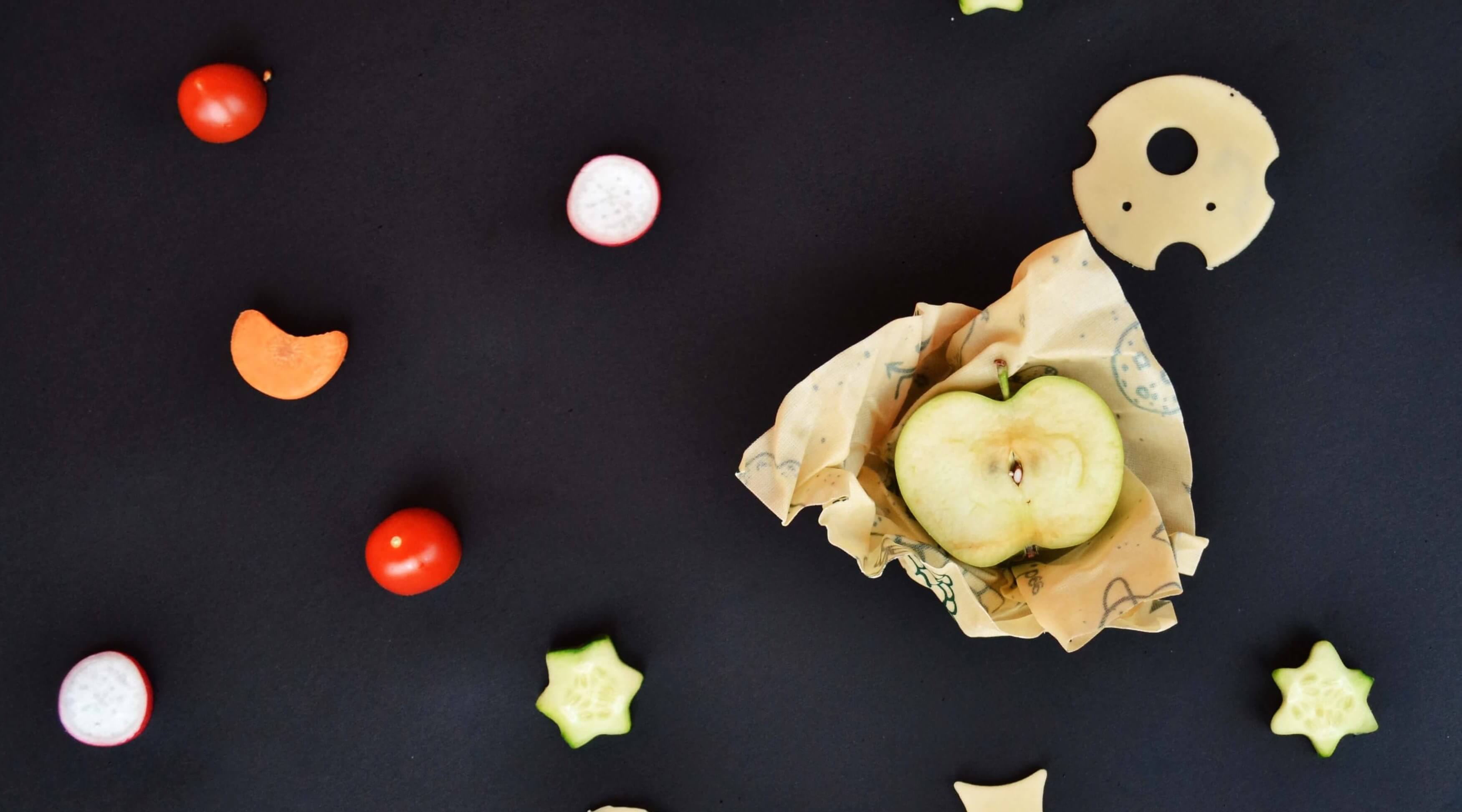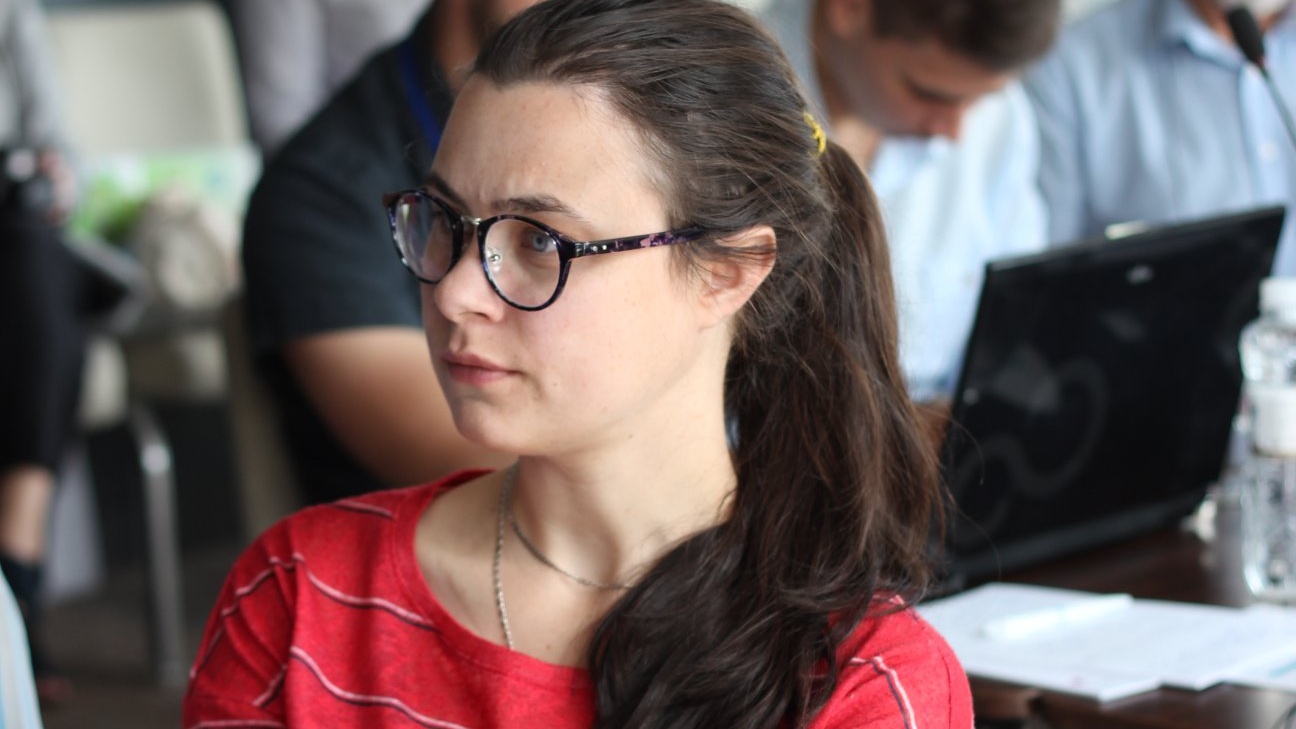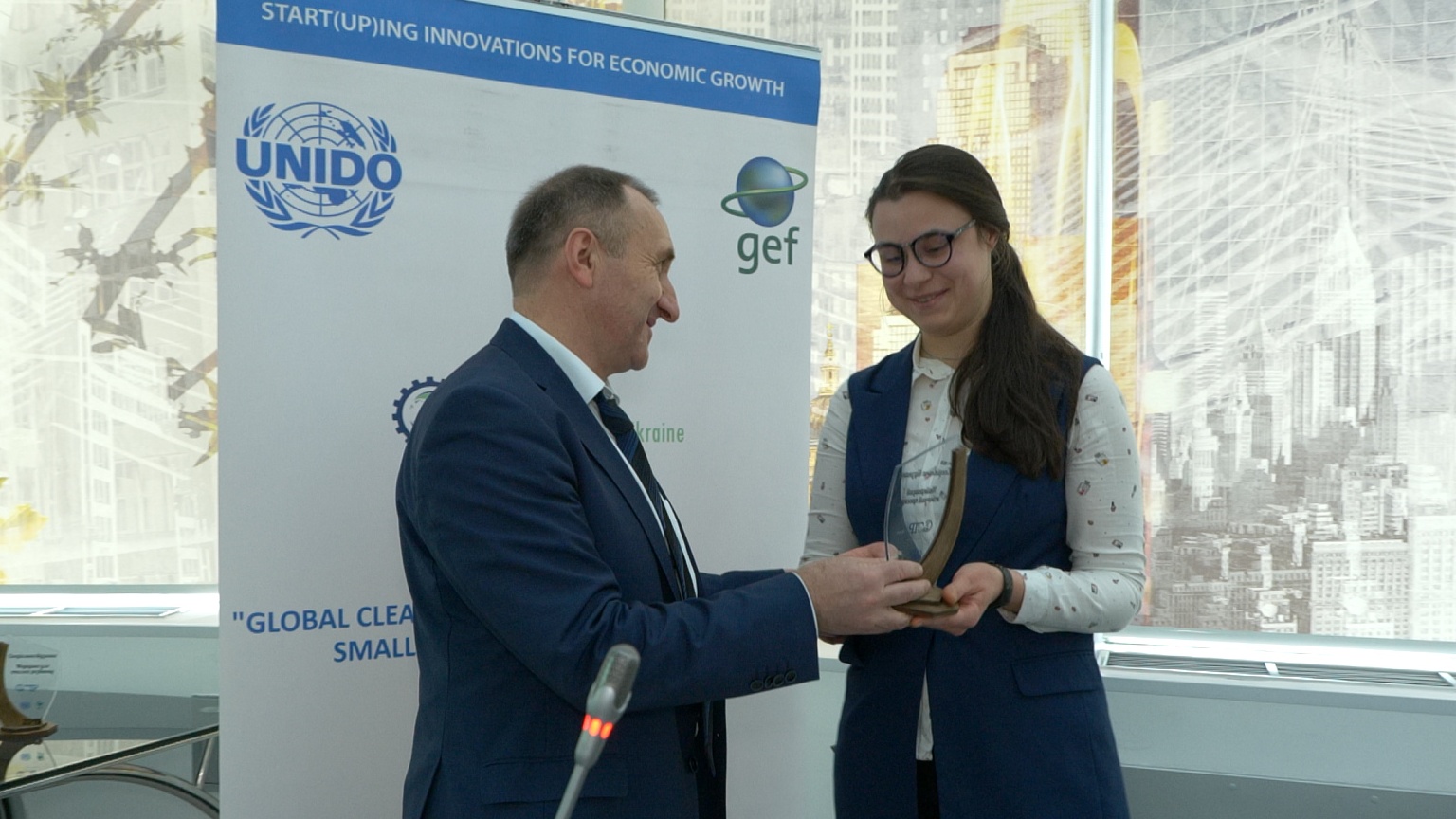

Save food, save our planet!
15 March 2021 Dana ZHMUDSKA

While getting more and more excited about AI, robotics and colonizing Mars, we tend to forget about more tangible solutions, which could be implemented in our own homes and equally help our civilization survive. One option is to prevent food waste at the household level.
Every year, one third of all food produced worldwide (around 1.3 billion tonnes) perishes or is wasted, costing the global economy close to $940 billion. This happens while almost one billion people go undernourished and another one billion go hungry. Households continue to be a major contributor to food waste in the industrialized world.
So, rather than thinking about life on Mars, shouldn’t we also consider changing our “earthly” routines?
Uf.bee is a pioneering Ukrainian company that manufactures beeswax wraps, an eco-friendly alternative to plastic food wrap, commonly used for sealing food items in containers to keep them fresh. Unlike the latter, beeswax wraps are reusable and last for 7-12 months. Moreover, they are biodegradable and can be composted at the end of their life cycle.
The Uf.bee wraps are manufactured by infusing cotton with a mixture of beeswax (harvested locally in Sumy region of Ukraine by beekeepers adhering to ethical beekeeping practices), tree resin and jojoba oil.
Beeswax wraps are more expensive than food plastic wrap but because they are manufactured from high-quality organic materials, and can be used again and again, they make up for their price with their environmental benefits.


The company’s mission is to tackle the wastage of food in Ukrainian households, and in this way also contribute to the country’s efforts to address global warming.
The sustainability aspirations of Alona Prenkovska, CEO of Uf.bee, go even further: to minimize the potential ecological footprint associated with importing goods, she decided to manufacture her product within Ukraine; moreover, the production site is located in Uzyn, a small city in the Kyiv region, creating jobs and benefitting the local community.
The Uf.bee journey started in August 2019, when Prenkovska applied for the Global CleanTech Innovation Programme (GCIP) for Small and Medium Enterprises, organized by the United Nations Industrial Development Organization (UNIDO) and the Global Environmental Facility (GEF). What started as a just an idea of a young sustainably-conscious woman, ended up being named the best cleantech project run by a female entrepreneur in Ukraine in the 2019 GCIP competition.
“My advice for the future entrepreneurs is to start regardless of any doubts. When I came up with my idea, I was not aware of GCIP or any similar programmes. Somehow, when you decide to act, you get caught in this magic wave that brings you to greater opportunities,” Prenkovska says.
According to Prenkovska, the GCIP Business Academy, which lasted for nine months, created an impressive network of entrepreneurs and business experts, who have always been ready to support and share expertise with her start-up.
“Trainers” from Silicon Valley, California, experienced in working with tech start-ups, introduced the idea of the business model canvas and showed how to tailor them to meet the needs of individual companies. For Prenkovska, the main takeaway was understanding how crucial it is to master the financial reporting and analysis in order to be able to attract investors and distributors.
“We learned how to speak the language of investors, which was, by the way, developed in Silicon Valley. Now I know that, without knowing a financial matrix, it is impossible to do any kind of business and find partners,” she noted.


The GCIP Business Academy also generated constant interaction with so-called “mentors” – Ukrainian experts in entrepreneurship and business leadership. “The pool of experts was gender-balanced and very diverse: from finance and state institutions to chemistry and biology fields. They showed us the right direction. One of the mentors literally just took a piece of paper and drew a step-by-step scheme how to get our wraps certified. And, I have to say, certification was exactly my main concern,” remembers the Uf.bee CEO.
The GCIP Ukraine team also developed video-pitches for each project, to help judges better comprehend the competing ideas and to be used by the start-ups for future marketing purposes.
After the Business Academy, the staff of Uf.bee grew to 45 people (including external consultants) and secured a position as a supplier to one of the largest supermarkets in Ukraine, as well as to various smaller shops. Additionally, a GCIP jury member – who happened to be on the board of directors at a leading retail chain in Ukraine – expressed his interest in procuring the Uf.bee team as a supplier. It is expected that the contracts will be finalized in the coming weeks (fingers crossed!).
Commenting on being a woman in cleantech industry, Prenkovska said, “While in school I was exposed to this stigma that women cannot become successful in hard science. Yet, in my professional path, I have always worked under supervision of women, and I saw how intelligent and responsible they are, even when it comes to smaller tasks. That is why I believe there is a big promise for female professionals in cleantech, in Ukraine and globally. We are moving in the right direction; however, I would like the transition to full gender equality to be happening a bit faster.”
For Prenkovska, a women leader is accountable, inspirational, decisive and fearless. She notes that the Uf.bee wraps are mainly bought by women, as they are more eco-conscious than men and try to change the routines of their families to become more sustainable. “Women leaders are among us: you don’t necessarily need to go explore outer space to make a difference. Look at our customers – they are the real change-makers! They invest in sustainable products as they believe they can make this world a better place. This is the attitude we need today.”
GCIP supports start-ups and small and medium enterprises from around the world to develop cleantech innovations into market-ready products that mitigate the causes of climate change, pollution, and resource depletion.